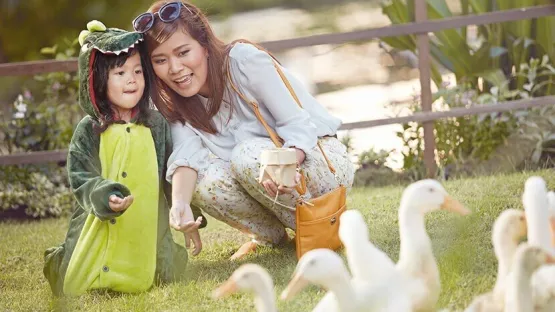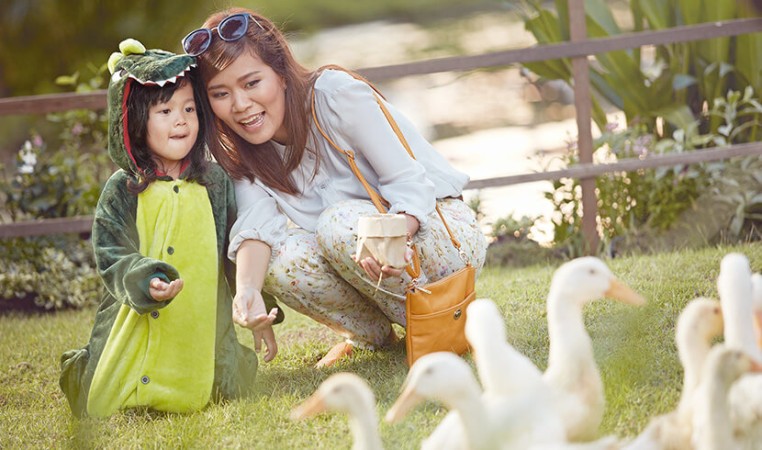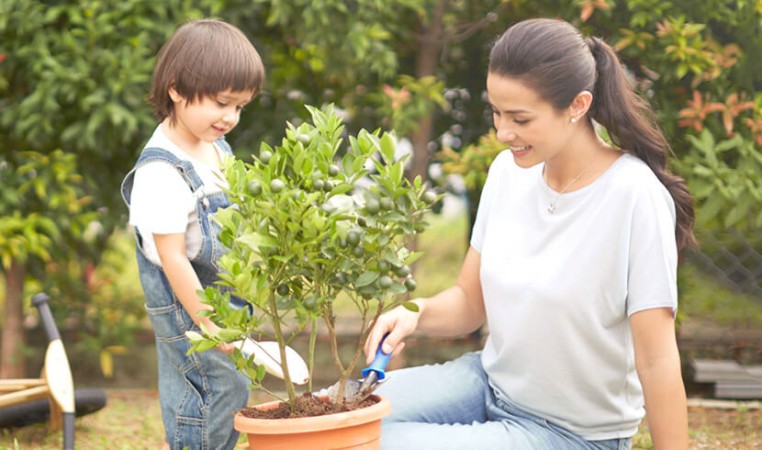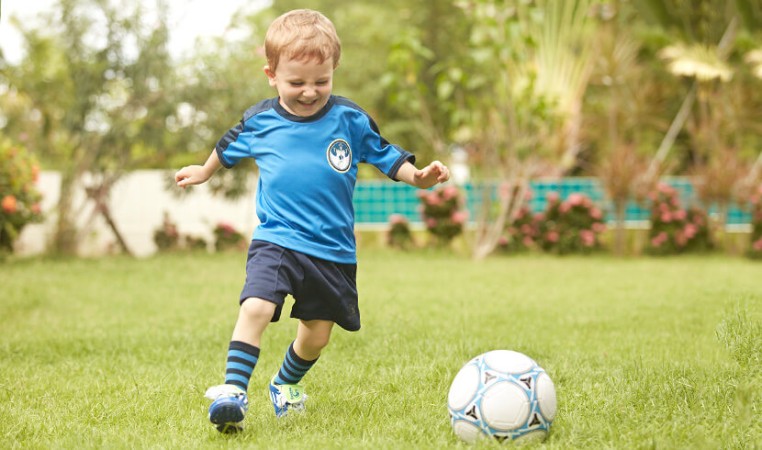
Explore these mini adventures with your little one

1. Visit the zoo
Children love animals, but other than the occasional dog or cat, your toddler probably doesn’t have much opportunity to get up close to many different animals. The best way to let your child learn more about animals is to take him to the zoo.
Take your child to a petting zoo where he can interact with the animals. Encourage your child to use all his senses by asking him questions such as, “How does the lamb feel?” or “Are the monkeys quiet or loud?” or “What does the horse smell like?” This helps with his cognitive development as he tries to make the associations and linkage between animals he sees in real life and the ones he sees in books. It even helps with his conversational and comprehension skills.

2. Grow a mini-garden
Teach your child all about nature and its wonderful textures and smells with a mini-garden. It’s a great reason for you and your child to be outdoors, digging in the dirt and experiencing the elements. Start off with bean sprouts. They’re easy to grow and your child will be able to see the changes quickly. What’s more, growing a plant will help in your child’s intellectual development as he learns about cause and effect (e.g. plants die without water), as well as his emotional well-being as he learns to care for the plants. A thriving plant will also give your child self-confidence and a huge sense of accomplishment.

3. Stage a play
Playing dress-up helps your child to learn in a variety of ways. How? When your child puts on a costume, he is enhancing his fine motor skills as he tries to button his uniform or ties his cape. He is also developing his physical strength when he is pushing a toy vehicle or running like a football player. If that’s not enough, he’ll also learn teamwork as he interacts and plays with other kids. Playing dress-up will also push your child toward higher levels of thinking, as he tries to remember and recreate what he has seen before creating new situations on his own.

4. Cook dinner
Cooking with your child is a great way for him to develop simple cognitive skills. Getting the ingredient proportions right teaches counting, fractions and measurement. Reading a recipe with your child will help him start to differentiate letters from numbers. Encourage your child to describe what he sees, tastes and feel and you build their vocabulary. What’s more, stirring, pouring, wiping, plucking and tearing help him develop his fine motor skills. So get your child into the kitchen as soon as they can stand at the counter.

5. Play in a band
Music comes naturally to toddlers. Just put some music on and you’re likely to see your child dancing away to it. Music can have a powerful effect on their mood and makes learning easy and fun.
By understanding beats and rhythm, your child is developing his cognitive skills by honing his coordination and motor skills, as learning a musical instrument usually requires movement of the hands, arms or feet.
So, encourage your child to play their instruments to his favourite song or better yet, play with him and experience the learning together.
